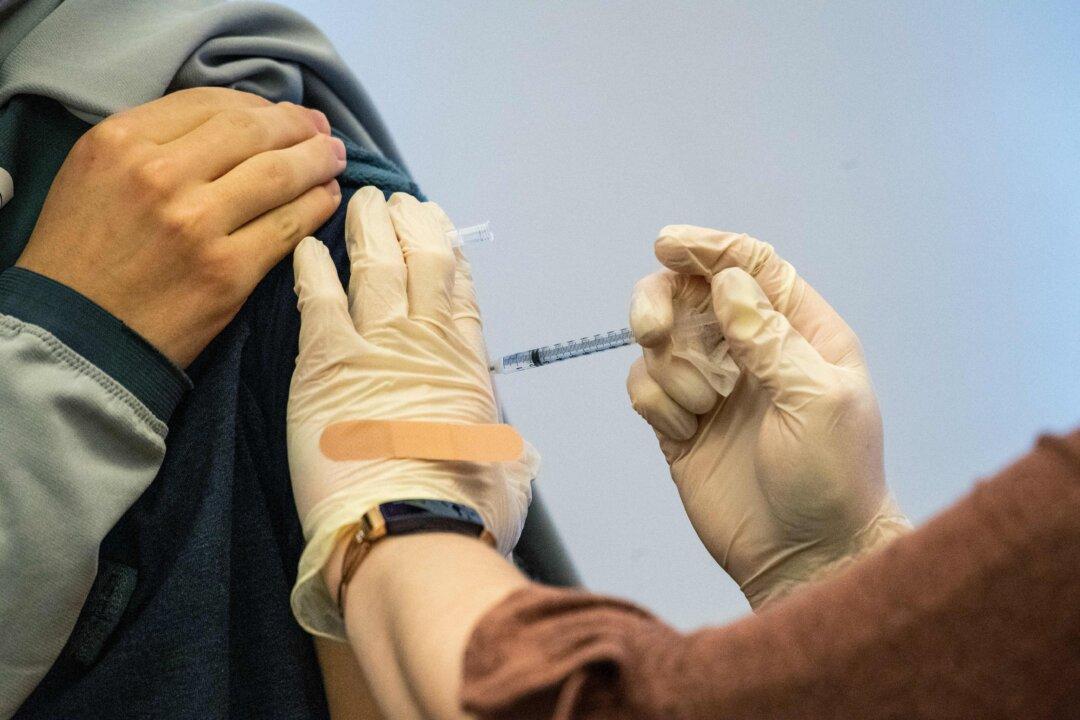Reports submitted to the U.S. Centers for Disease Control and Prevention (CDC)’s vaccine surveillance system suggest that cases of post-COVID-19 vaccine-linked heart inflammation among young males have risen.
Recent figures published in the CDC’s Vaccine Safety Datalink surveillance system show that within a week of getting the two-dose Pfizer-BioNTech vaccine, there were 14 cases of myocarditis or pericarditis among 102,091 males between the ages of 16 and 17. And of the 206,000 12- to 15-year-old males who got the same two-dose vaccine series, there were 31 cases within a week, according to the CDC (pdf).





